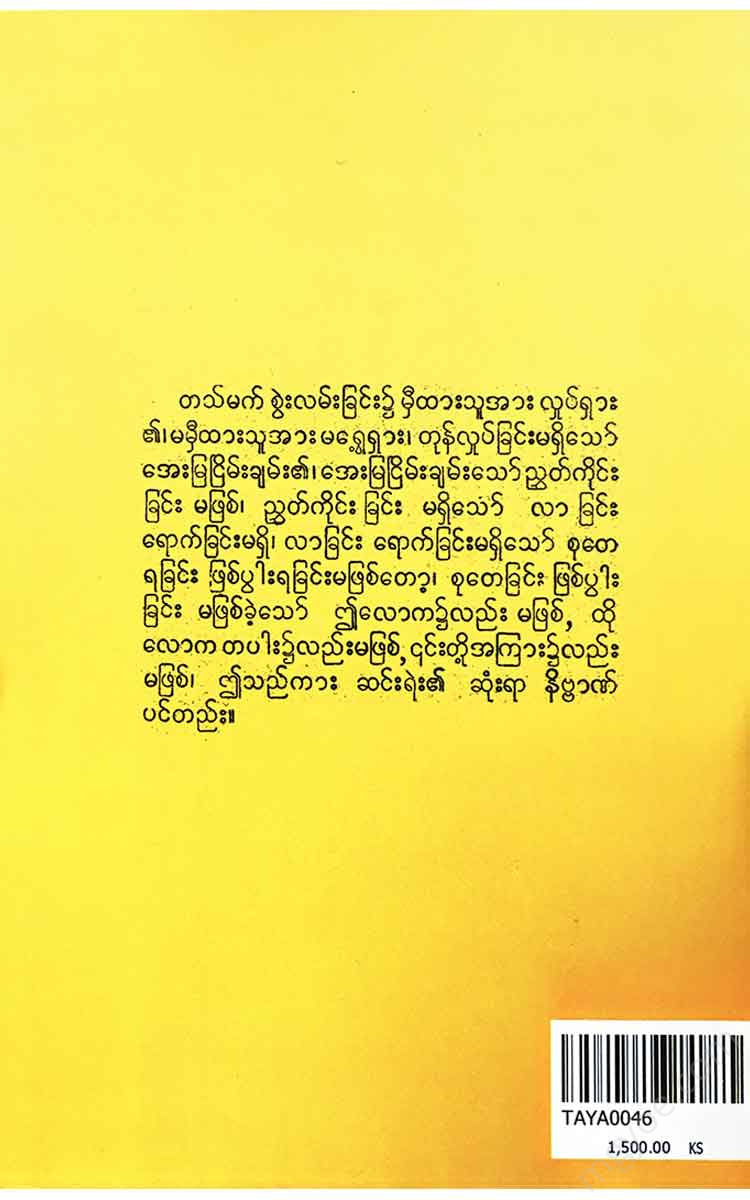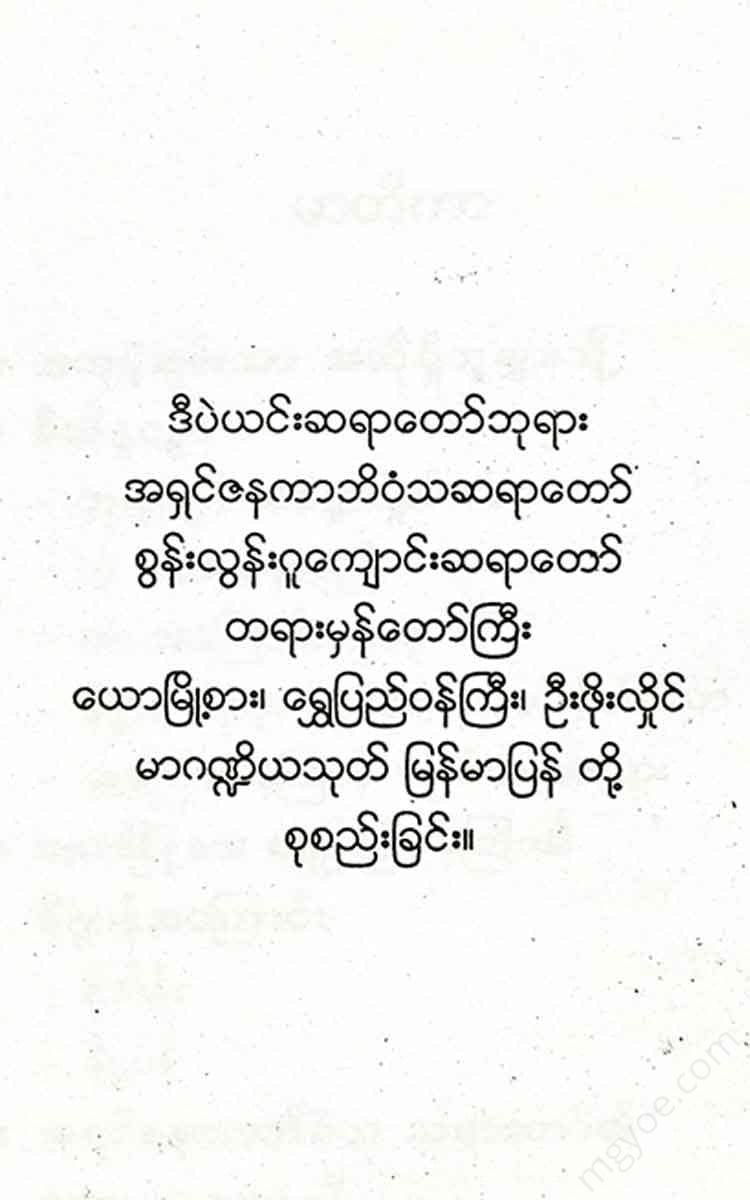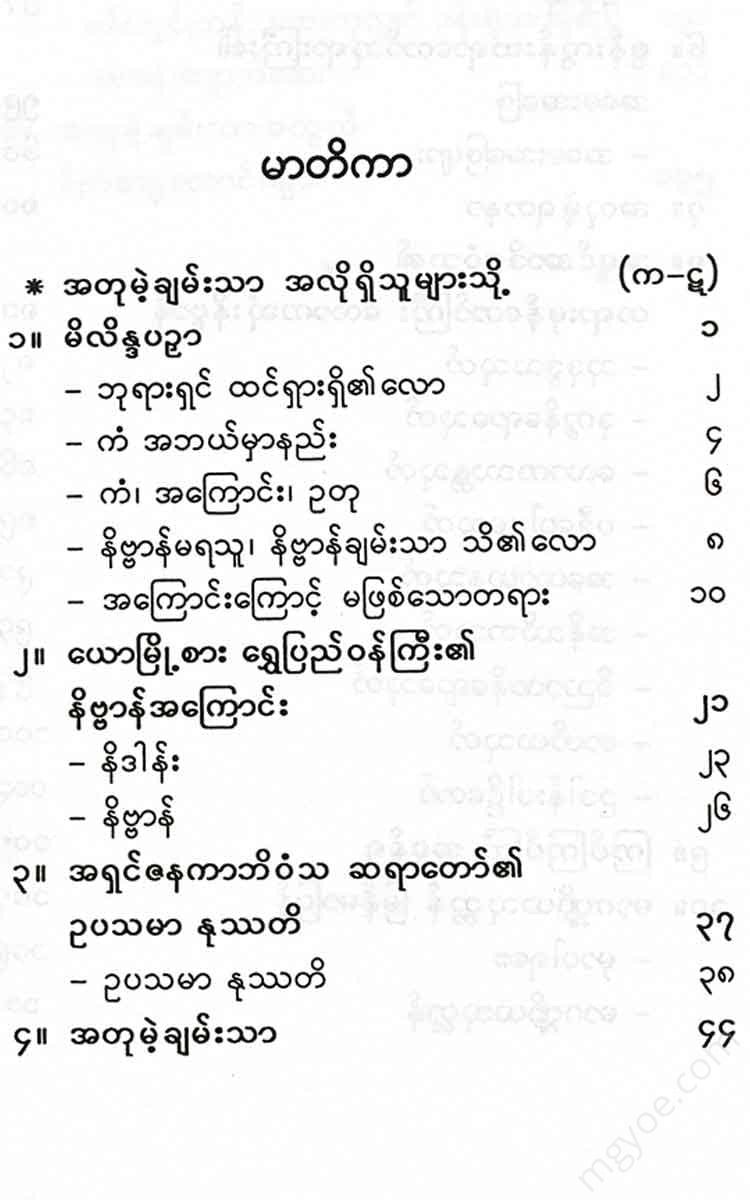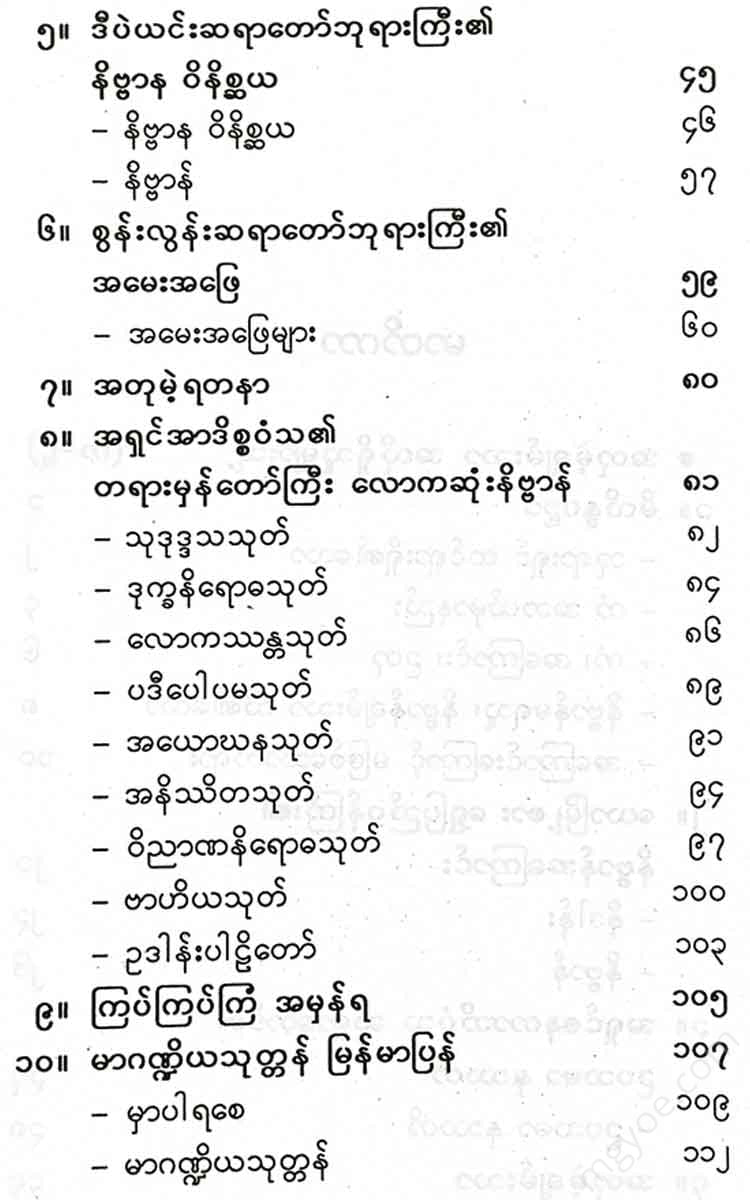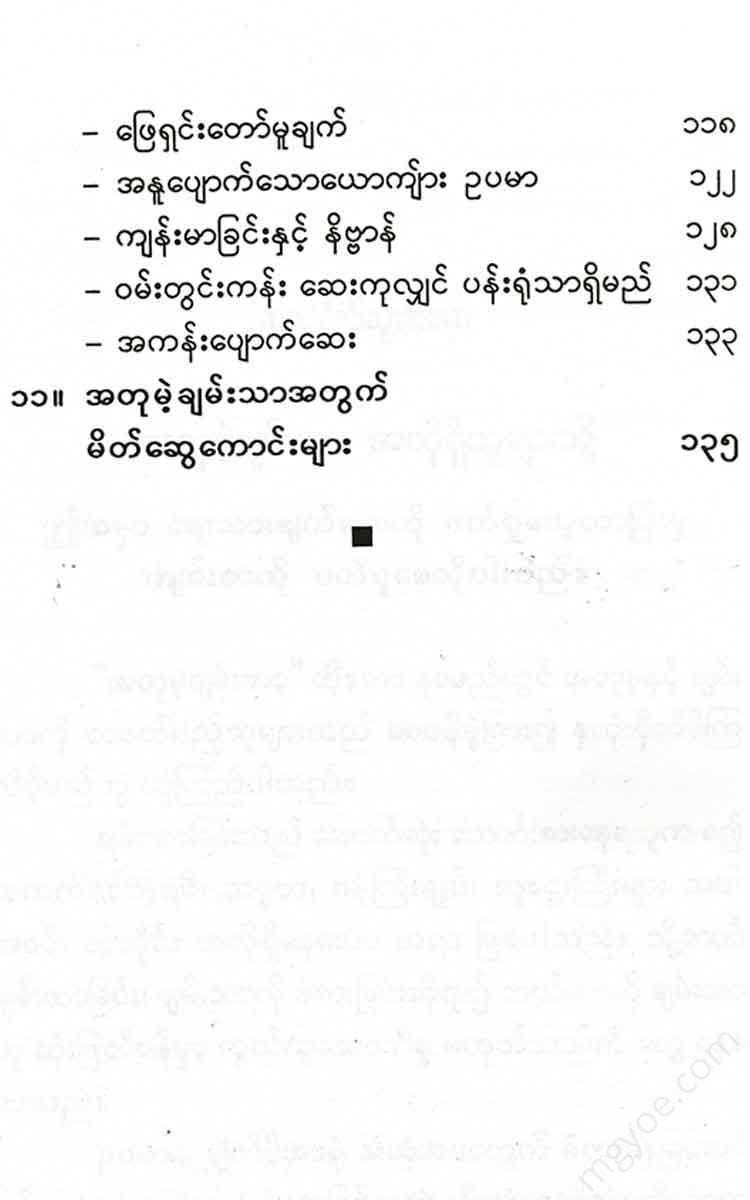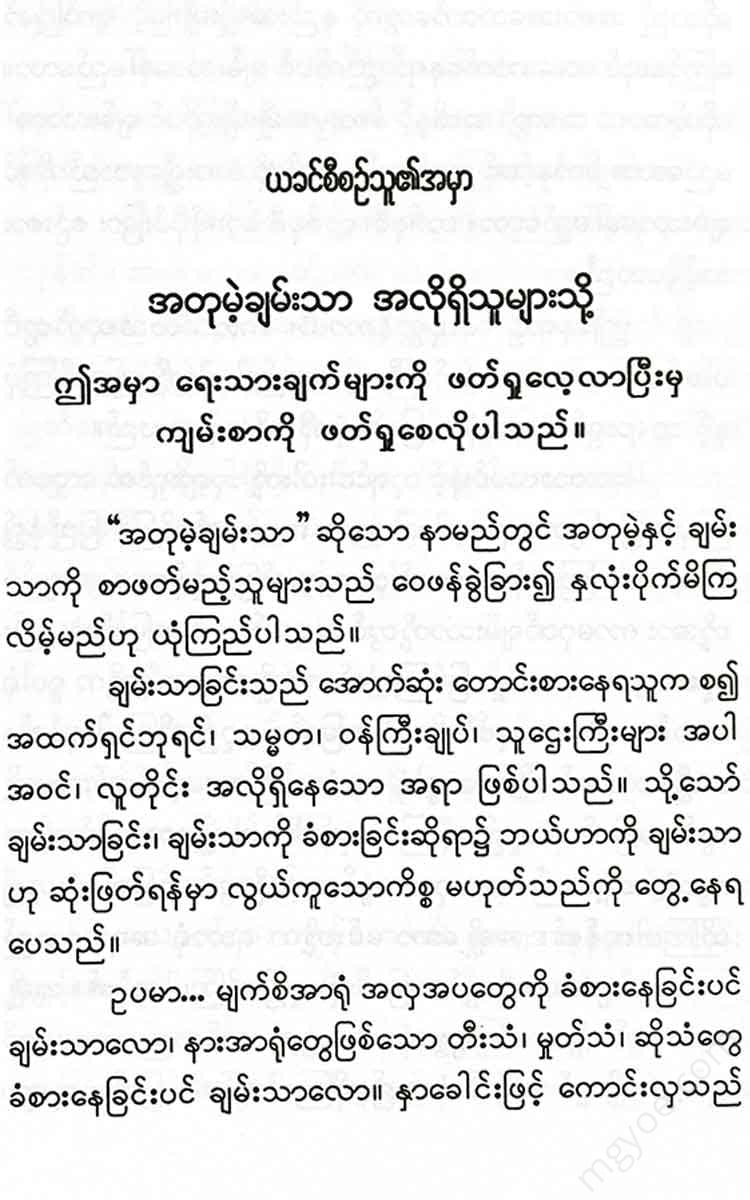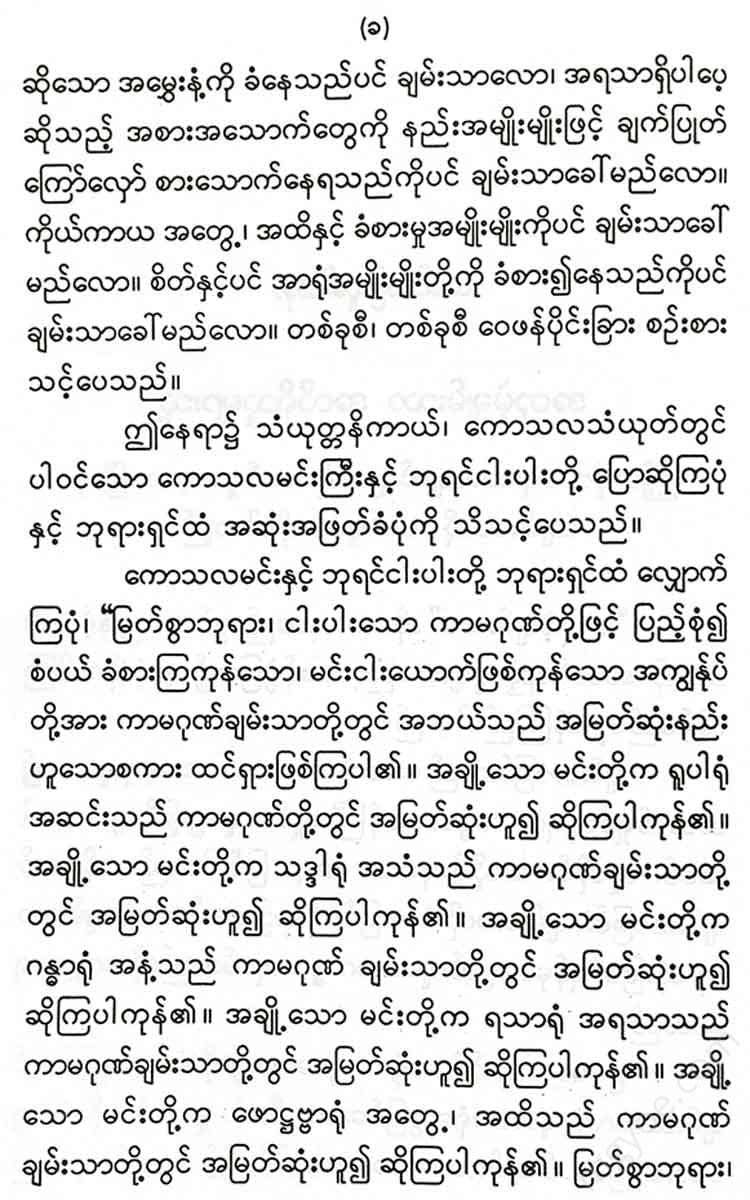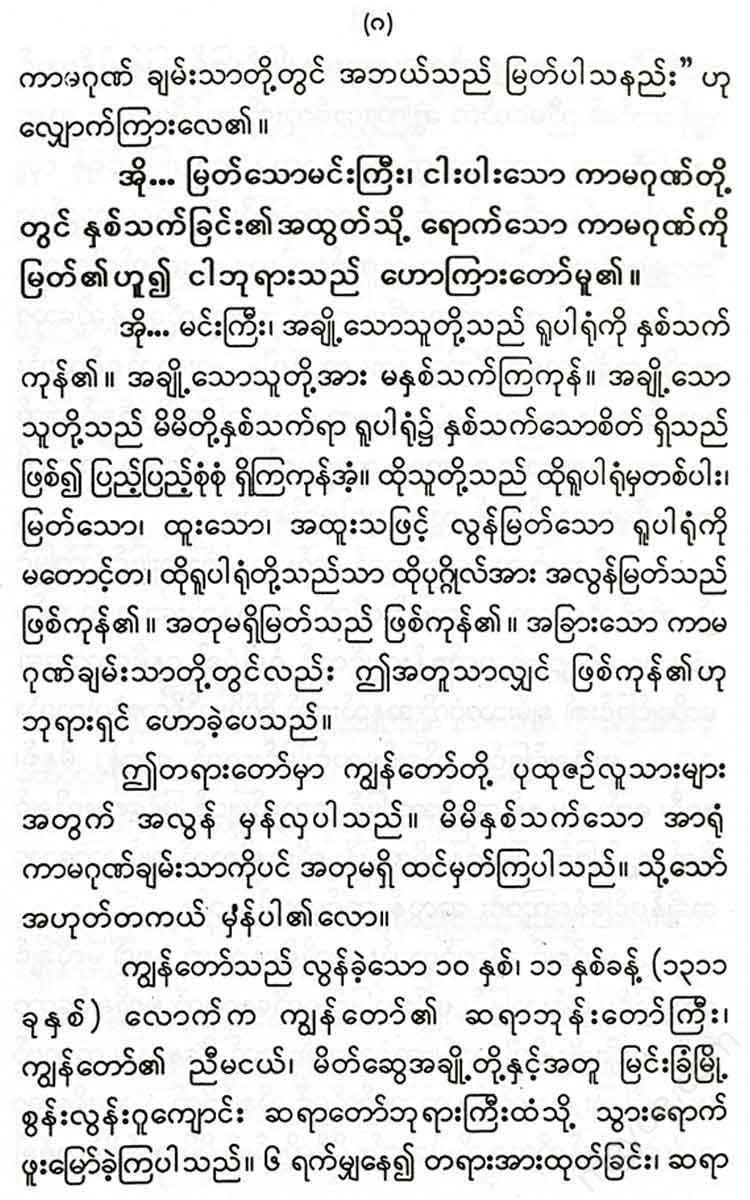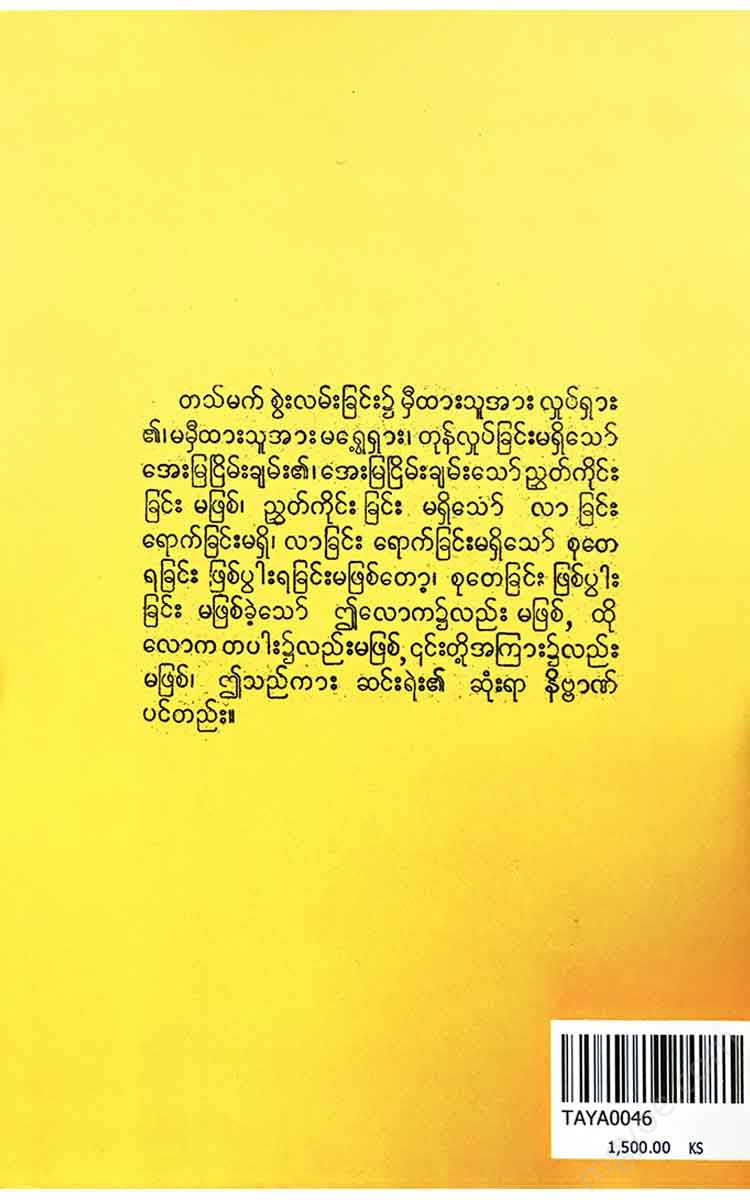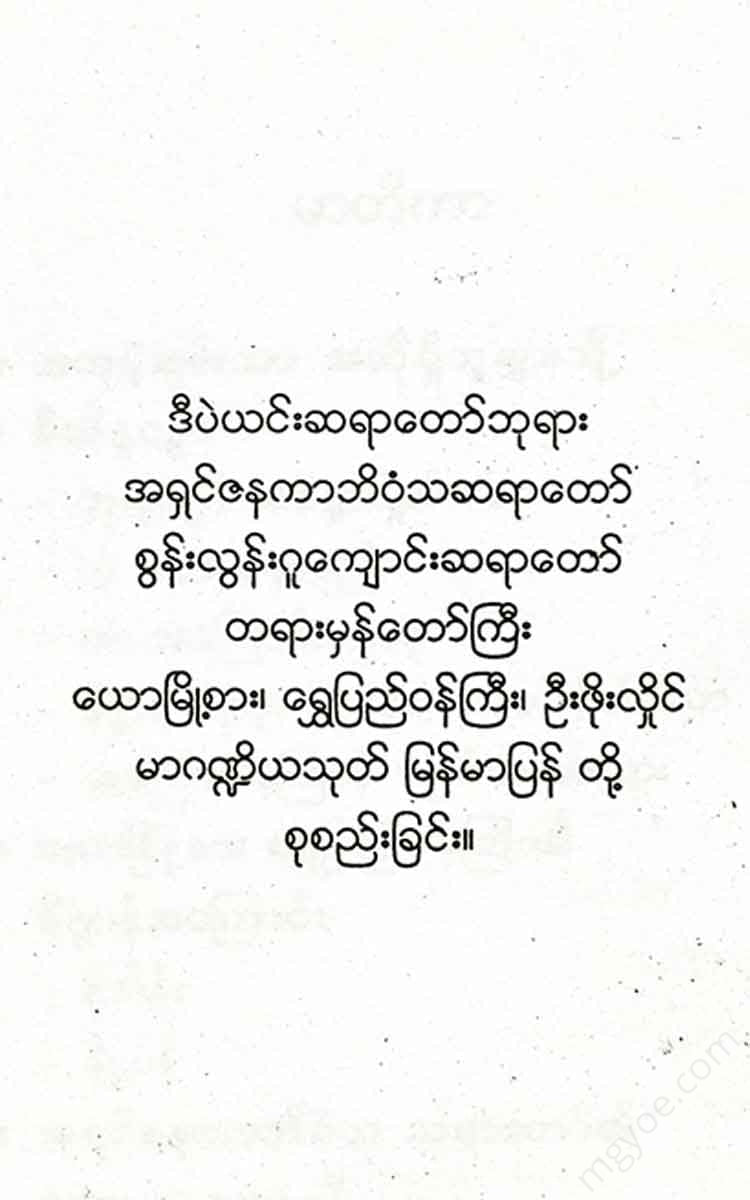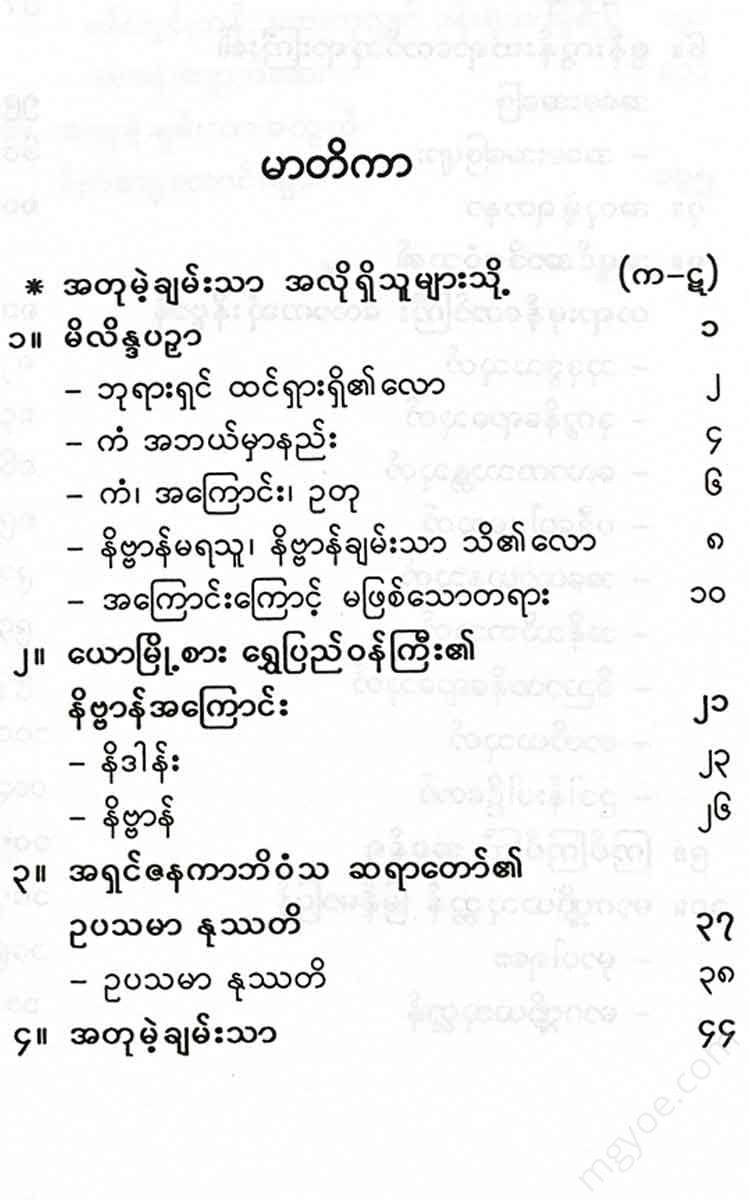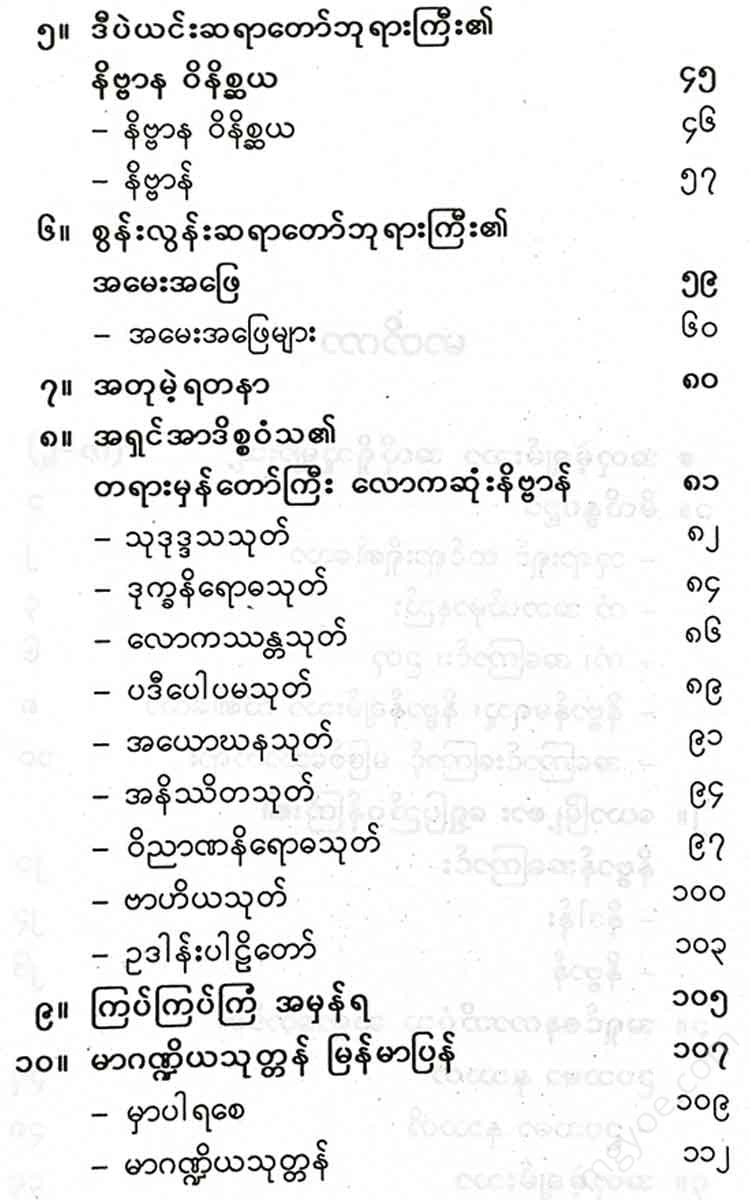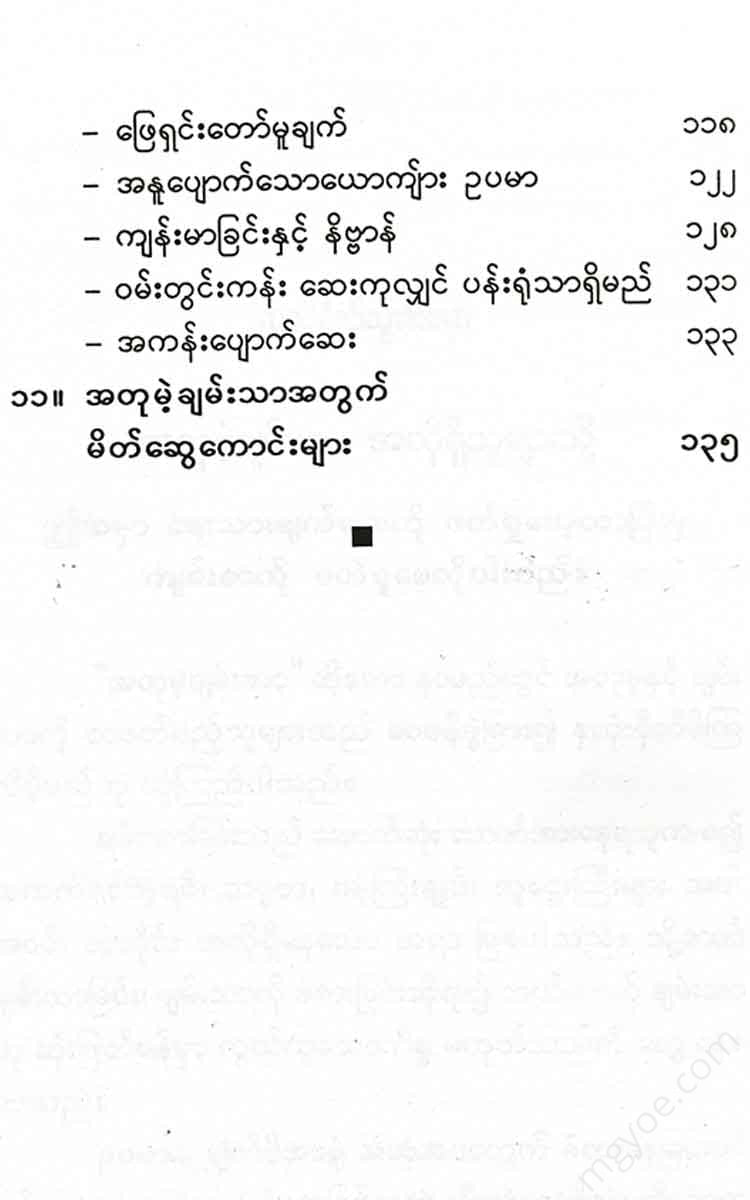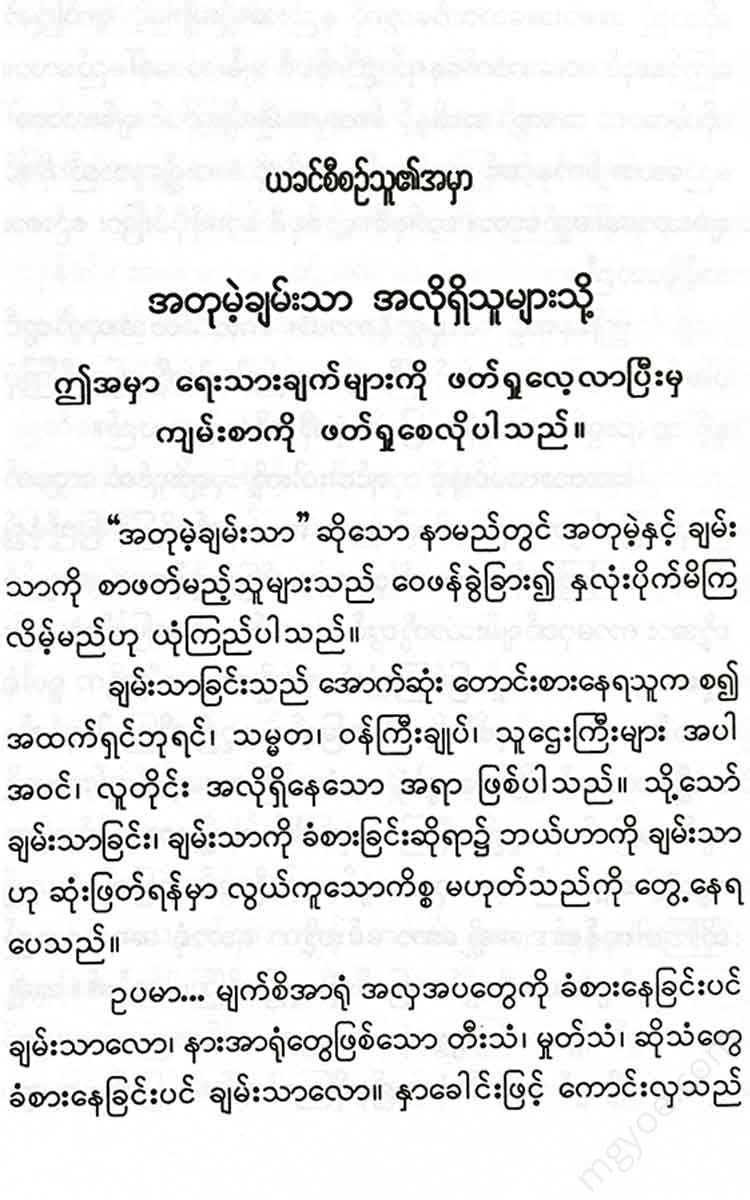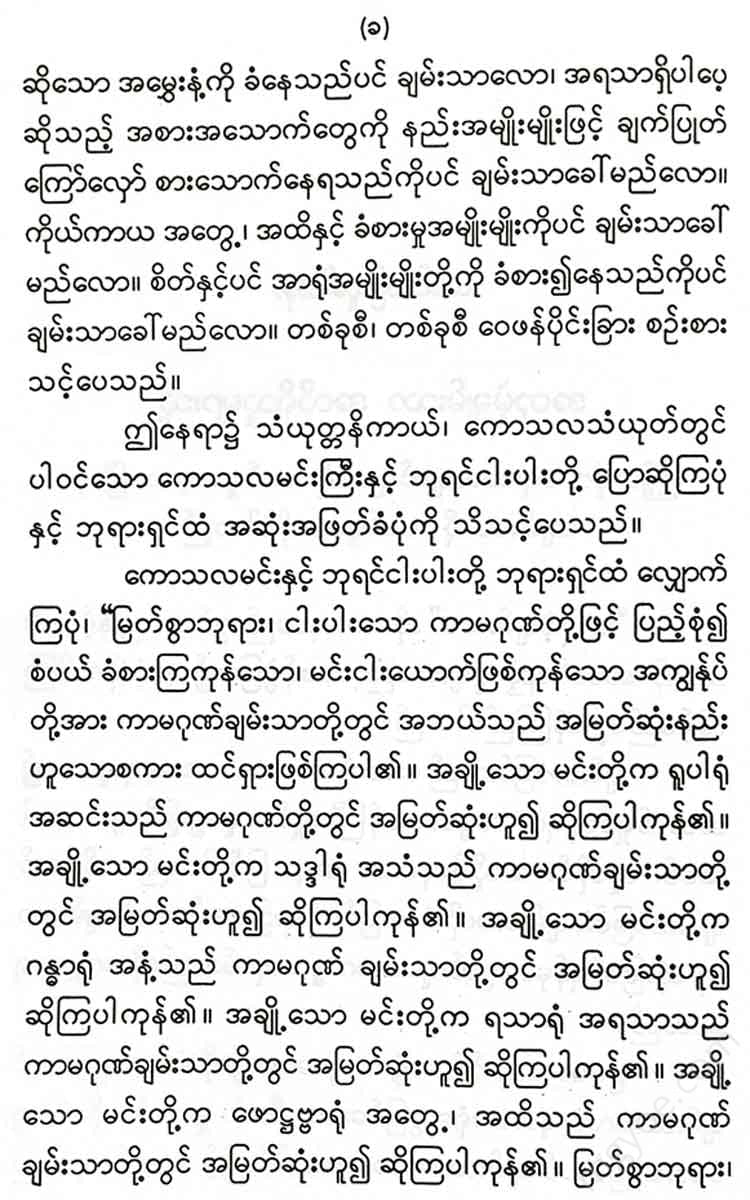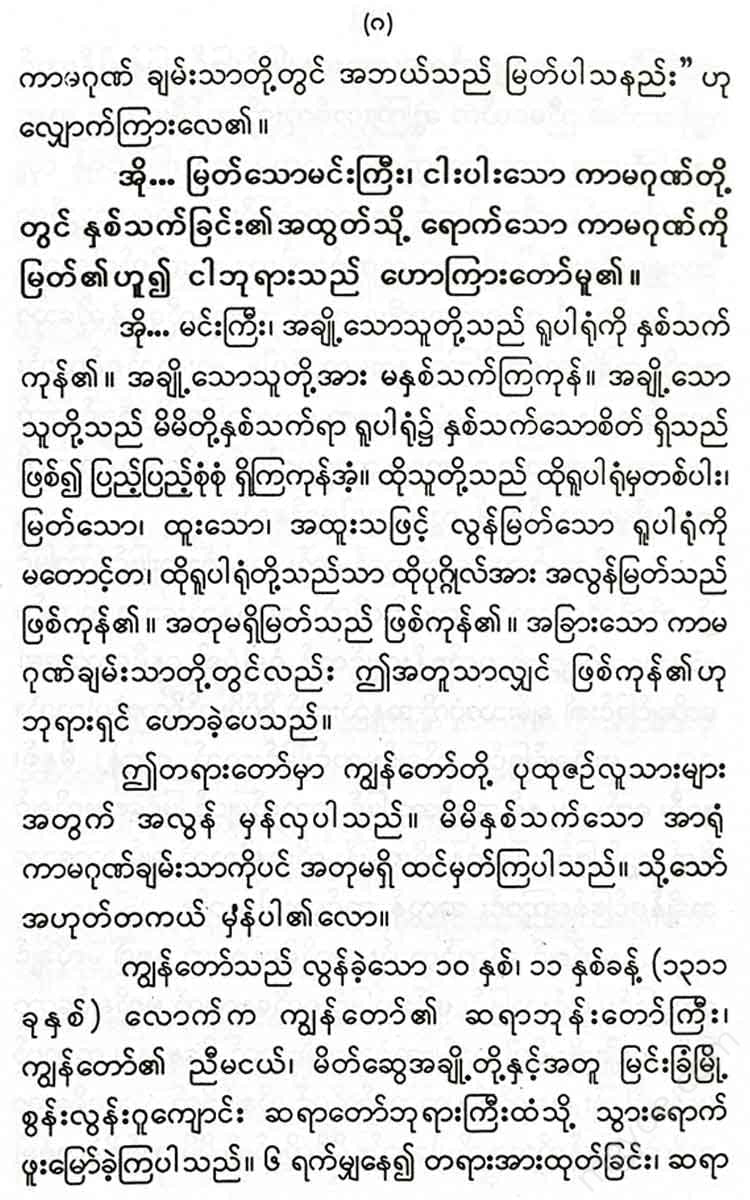စိတ်ကူးချိုချိုစာပေ
Kalam Soh - Nibbana or Unreal Happiness
Kalam Soh - Nibbana or Unreal Happiness
Couldn't load pickup availability
Not to be possessed, but to be released.
Oh... monks, in order to transcend the fourfold cycle of existence and not to be swept away in the fourfold cycle of existence, I will explain to you the parable of the raft. Please take it to heart.
For example, a man sees a wide expanse of water, full of dangers and dangers, to cross from this side to that side, where there is no danger. The other side is safe, there is no danger, there is no boat. If only I could make a raft of grass, sticks, branches, and leaves, and row the raft with my hands and feet, and be happy, it would be good. With that thought, he would cross over to the other side safely. After crossing, the man would think: This raft has been very useful to me. I have crossed over safely by relying on this raft. If only I could sail the raft with my head and carry it on my shoulders and go wherever I want, it would be good.
Monks, is this thinking the right thing to do in this form?
They said, "Venerable Sir, this is not an appropriate action in that form."
"Monks, this raft has been of great benefit to that man. If only I had relied on this raft, I would have crossed safely and comfortably to the other side, using only my hands and feet. If I had placed this raft on land or floated it on the water, it would have been better for me to go wherever I wanted." Monks, this alone would be doing the right thing for the raft.
In the same way, monks, for the sake of liberation from the fourfold cycle of existence, for the sake of not being swept away, "Even in meditation and insight, you should abandon desire and passion. What is the point of abandoning the wicked and base conduct of the villagers?"
In the Buddha's use of this metaphor, it is clear that the teachings he preached were "not to be taken in, but to be given out."
Therefore, as mentioned above, if a person who wants “false happiness” is still attached, lustful, and wants to enjoy all kinds of sensual pleasures, and is still attached to the Dhamma, and is unable to let go, it will not be easy to find “false happiness.” However, if one can perceive and experience the essence of false happiness, by reading books and hearing about countries such as England, Japan, America, and Russia, the desire to go will become stronger, and like someone who strives to go, the desire to give up sensual pleasures for the sake of “false happiness” will certainly arise.
Therefore, in publishing and distributing “Fake Wealth,” we aim to make it accessible to everyone who can read Burmese, rather than just those who are literate and knowledgeable.

